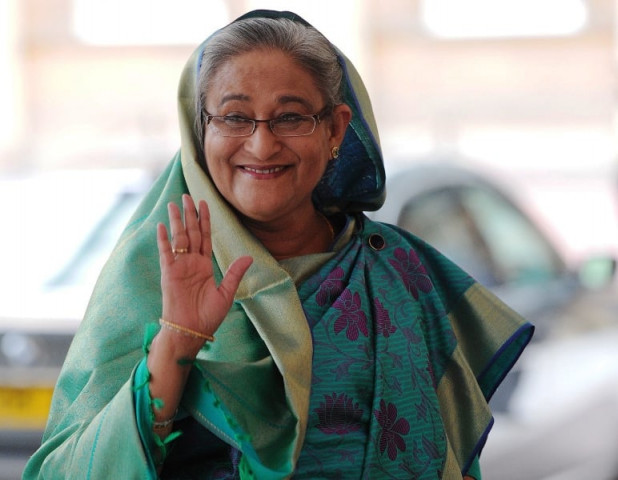
The crux of the issue lies over 40 years into the past. Prime Minister Hasina reportedly wants a formal apology from Pakistan for the genocide that took place in 1971. It must be mentioned that former president General (retd) Pervez Musharraf did express regrets over the events of 1971 and that his move was appreciated by the then Bangladesh government. However, pressure has been building for years that a more direct apology be issued. Individuals and groups have condemned the atrocities committed by the Pakistan Army in 1971. The massacres at universities, the rape of women and the killings in villages are etched into the soil of that country. Few among the younger generation realise the extent of the horrors that took place as Pakistan was torn into two.
While Sheikh Hasina may be merely playing to the gallery propping up such a demand, her actions can help raise the lingering questions from 1971. This should not be considered a matter of losing pride. Perhaps, the time has come to openly acknowledge what happened four decades ago, make an apology, learn from those mistakes and avoid the embarrassment we face each time the issue comes up.
Published in The Express Tribune, November 15th, 2012.




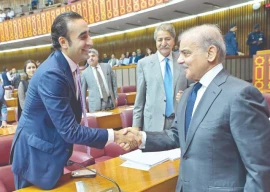
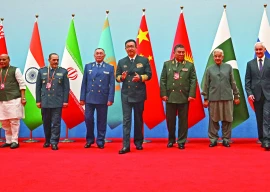
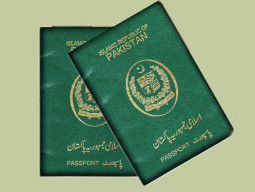
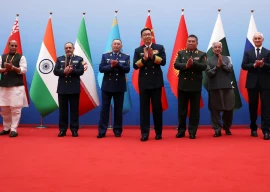






COMMENTS
Comments are moderated and generally will be posted if they are on-topic and not abusive.
For more information, please see our Comments FAQ